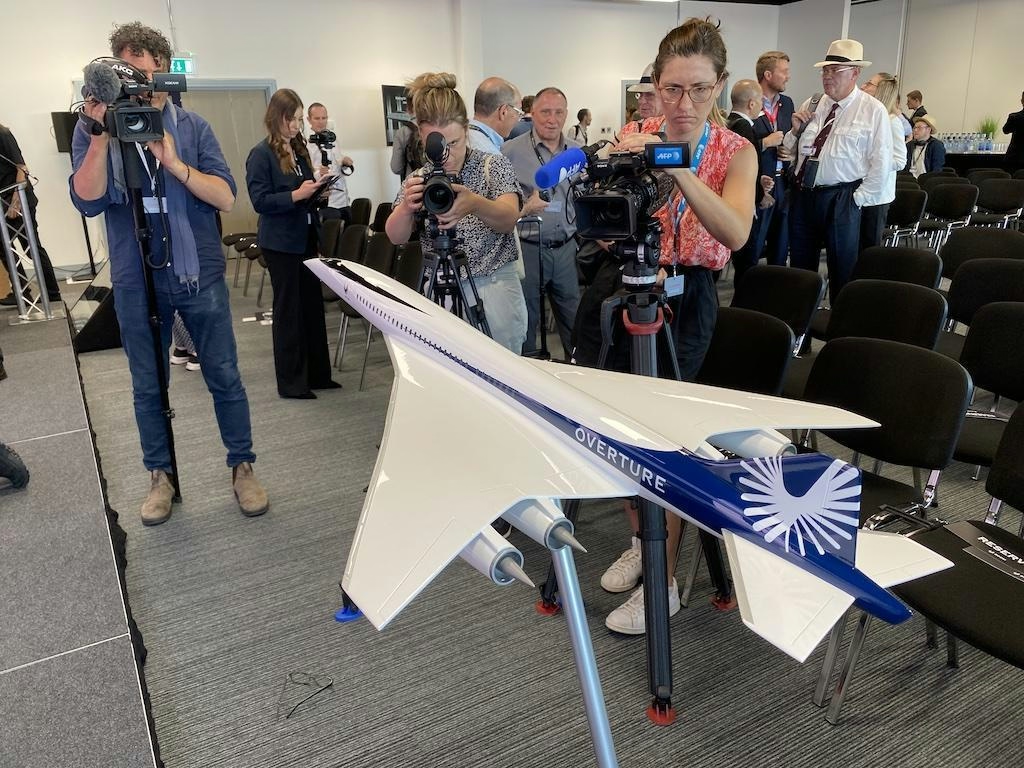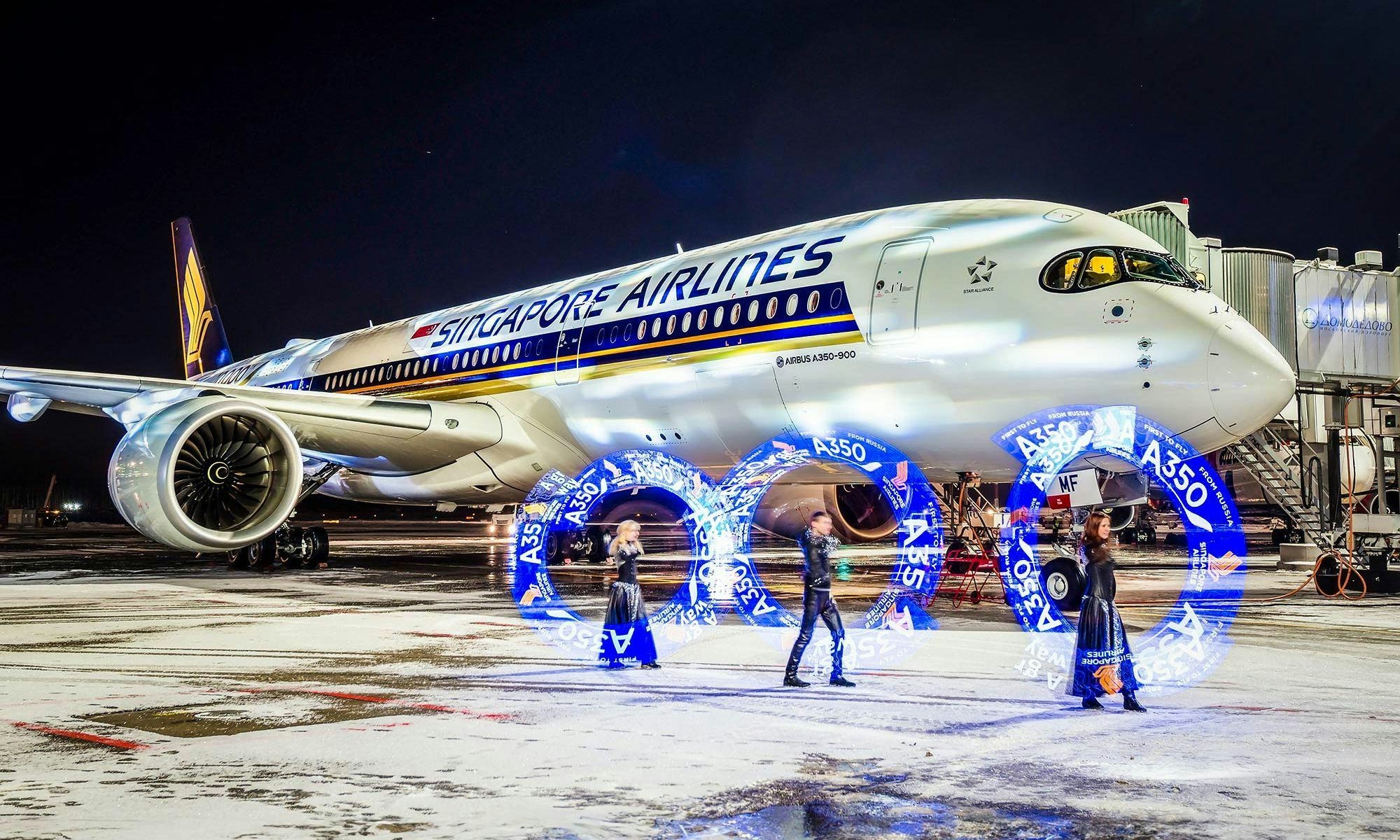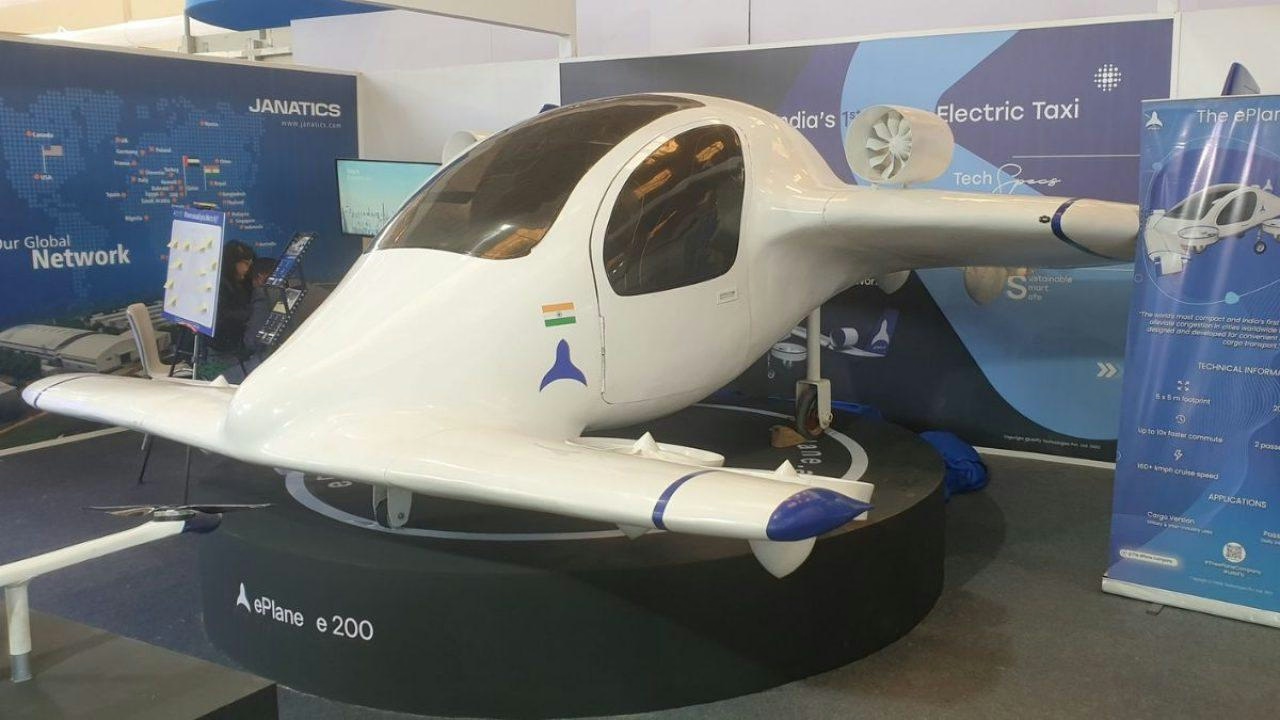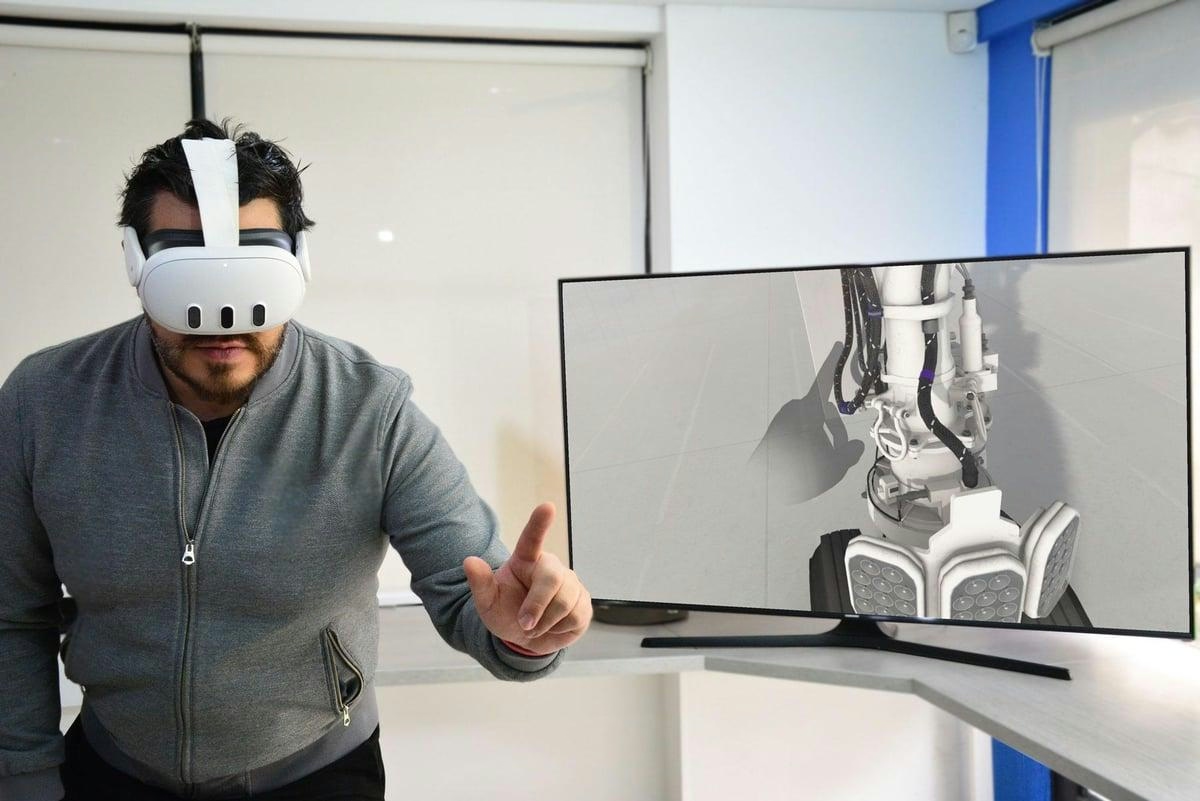AeroGenie — Your Intelligent Copilot.
Trending
Categories
United Airlines Invests in Supersonic Engine Startup for Mach 3+ Transpacific Flights

United Airlines Invests in Supersonic Engine Startup for Mach 3+ Transpacific Flights
Strategic Investment in Advanced Propulsion Technology
United Airlines Ventures (UAV), the venture capital division of United Airlines, has announced a significant investment in Astro Mechanica, an aerospace startup focused on developing cutting-edge propulsion systems designed to enable supersonic flight for military and commercial use. Astro Mechanica’s pioneering Duality™ engine employs a hybrid electric architecture that adapts to various flight regimes, operating as a turbofan during takeoff, transitioning to a turbojet at transonic speeds, and functioning as a ramjet at velocities exceeding Mach 3. This innovative propulsion system aims to overcome one of the most persistent challenges in supersonic aviation: achieving fuel efficiency suitable for long-haul transpacific travel.
Initially targeting military applications, Astro Mechanica plans to extend its technology to commercial aviation as development progresses. Mukul Hariharan, Managing Partner at United Airlines Ventures, highlighted the strategic importance of the partnership, stating, “Astro Mechanica is developing an adaptive engine concept for strategic military and commercial applications, addressing the challenging yet worthwhile pursuit of supersonic flight. UAV is excited to support Astro Mechanica’s exceptional management team as they advance their engine technology and progress towards their first aircraft prototype.”
Industry Context and Market Challenges
United Airlines’ investment arrives amid renewed interest in reviving supersonic passenger travel, a sector that has long grappled with economic and environmental obstacles. While the prospect of Mach 3+ transpacific flights has generated considerable enthusiasm, the initiative faces significant challenges, including ensuring commercial viability, mitigating environmental impacts such as noise pollution and emissions, and competing with other companies developing similar technologies. Market analysts remain cautious, questioning whether airlines can successfully balance speed, cost, and sustainability to meet passenger demand. United’s move may prompt competitors to accelerate their own supersonic projects or pursue strategic alliances to maintain competitiveness in this evolving market.
Ian Brooke, CEO and founder of Astro Mechanica, underscored the importance of the collaboration, noting, “This investment reflects strong conviction in Astro Mechanica from an experienced and credible industry leader. We appreciate UAV’s deep technical grasp of our novel high-speed propulsion technologies and look forward to collaborating as we move into flight testing for the next era of passenger travel.”
A Vision for the Future of High-Speed Flight
Established in 2021, United Airlines Ventures has invested in over 30 early-stage companies specializing in aerospace innovation, energy transition, and travel technologies. Astro Mechanica’s mission is to democratize high-speed flight by integrating advanced airframe and engine technologies with new operational models, aiming to make supersonic transport more flexible, accessible, and sustainable. As the aviation industry confronts both the opportunities and complexities of supersonic travel, United Airlines’ investment marks a decisive step toward shaping the future of global mobility.

Factors Behind the Airbus A350’s Short Takeoff Distance

Archer Aviation Partners with NVIDIA to Advance Aviation AI Technology

Chennai Startup to Develop India’s First Electric Air Taxi

Factors Positioning Airbus for Leadership in 2026

Emirates Unveils Cabin Design for New Boeing 777X

Eighteen Years On, the Airbus A380 Remains Central to a $34 Billion Airline

How a boom in luxury airline seats is slowing down jet deliveries

Navitaire Outage Attributed to Planned Maintenance

AI, VR, and Data Transform Pilot Training by 2026

Airbus Plans Record Delivery of 870 Aircraft in 2026
